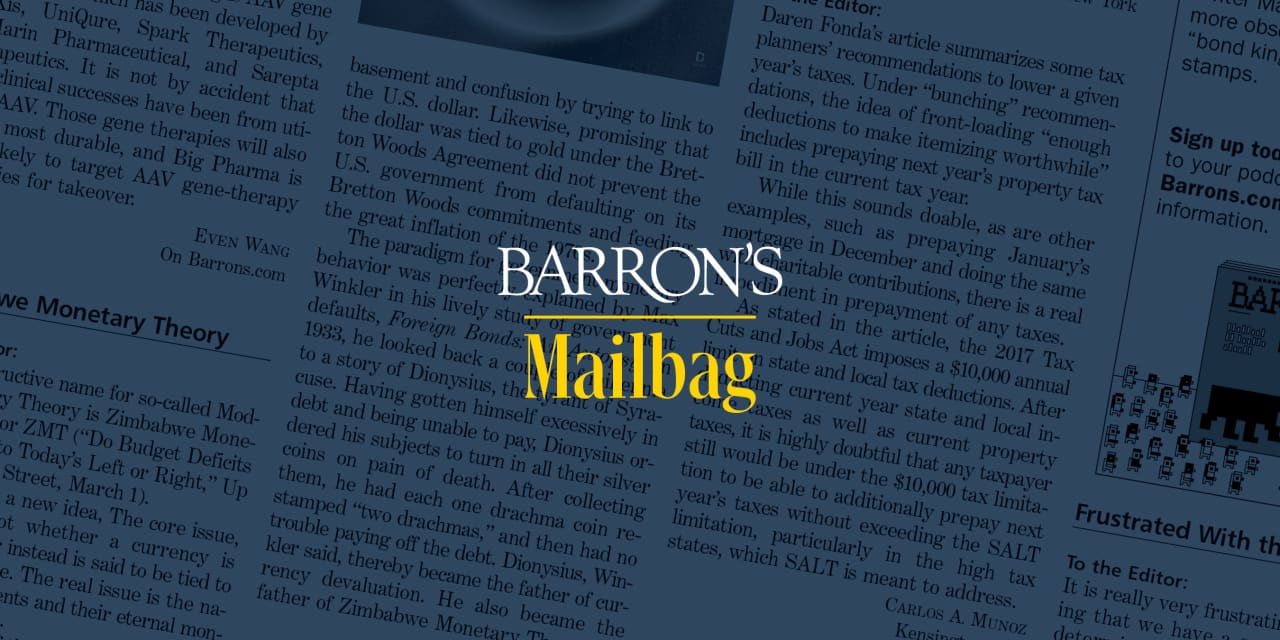Debbie Carlson
2 min read
Private assets have drawn investor dollars with their promise of a higher rate of return in exchange for illiquidity. Putting those assets in a daily, liquid vehicle has drawn skepticism from some in the exchange-traded fund industry.
The other concern is transparency. Private assets can be opaque, and that lack of visibility also runs counter to the basic model of an ETF, which is being able to always look at the fund’s holdings.
With an increasing number of new ETFs being launched that hold securitized collateralized loan obligations (CLOs) and the SPDR SSGA IG Public & Private Credit ETF (PRIV), which owns direct loans, debate over these private-asset funds will continue.
Dave Nadig, an independent ETF expert and a skeptic of putting private assets in ETFs, said that while investors can think about these private-credit-type ETFs as being run by experienced active bond managers, it comes down to trust that the managers understand these bonds.
“I’m not anti-private credit in these vehicles, but you are making an enormous trust bet,” he said.
Nadig spoke at the Morningstar Investment Conference in Chicago on Thursday.
Joanna Gallegos, co-founder and COO at BondBloxx, which issues the BondBloxx Private Credit CLO ETF (PCMM), said there’s investor demand for private assets as public markets become more correlated.
“What we hear from clients is that they want access to the income-producing side of private assets,” she said.
She added that, at the current stage of ETF innovation, CLOs are natural fits. In PCMM, each of the CLOs it holds have independent ratings and CUSIPs where investors can see the price.
“Here's a space … in private credit that should be very natural for you to understand how to assess what you're buying. It should be simple to see the risk characteristics of its return and its yield,” she said.
Nadig concurred but said his concern is with funds such as PRIV, where Apollo Global Management is sourcing the direct loans for State Street. “Ask yourself, why do you think you're getting the best of X, whether it's the triple-A-rated best of best or whether it's junk-bond equivalents. I think that's a real problem,” he said.
Nadig added he’s happy to see the conversation about how to structure private assets in ETFs. The challenge is going to be helping people understand how these funds fit into a portfolio.
Gallegos said every ETF is an evolution of a new process, pointing to how people were concerned with emerging market ETFs were launched in the early 2000s.













